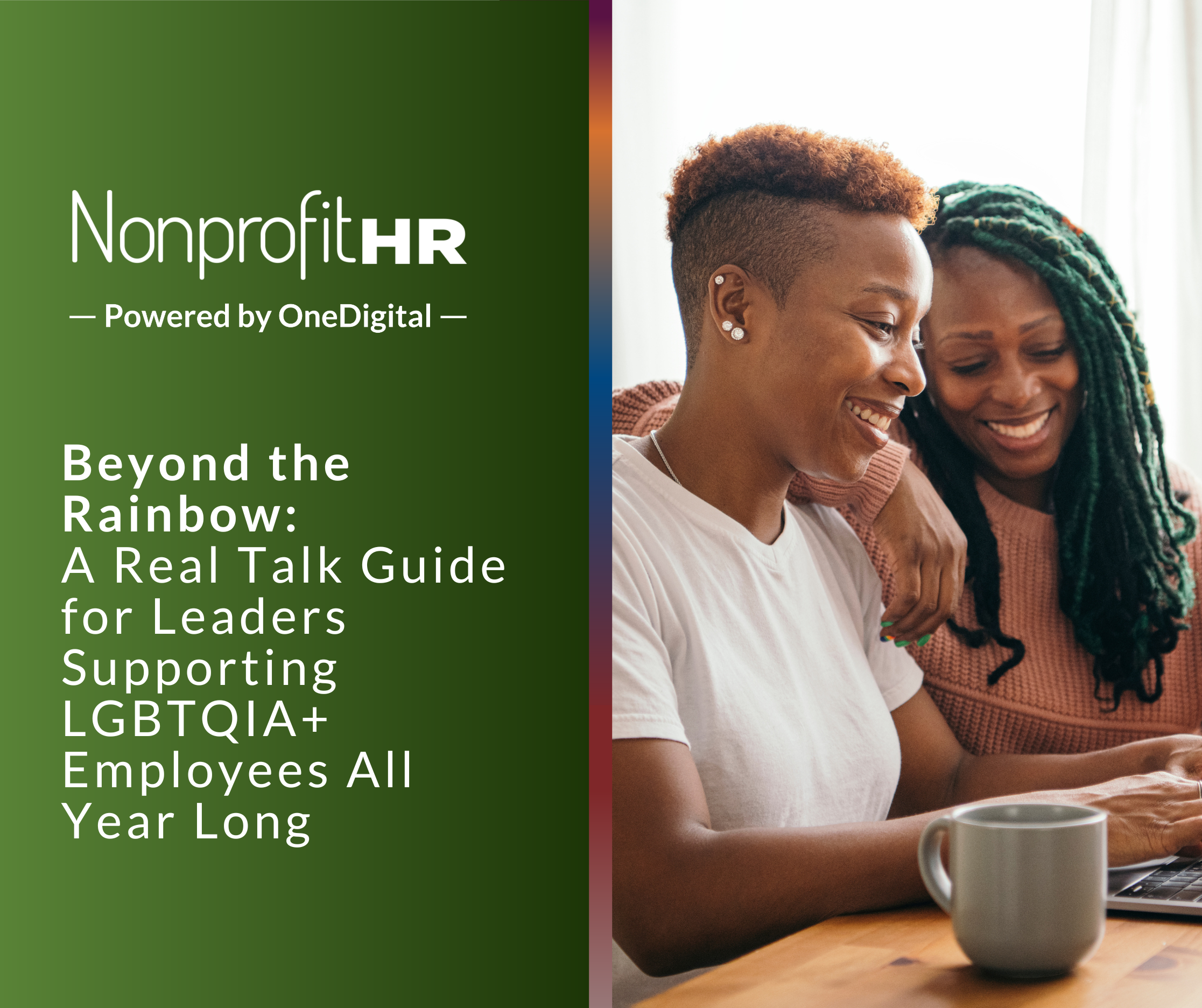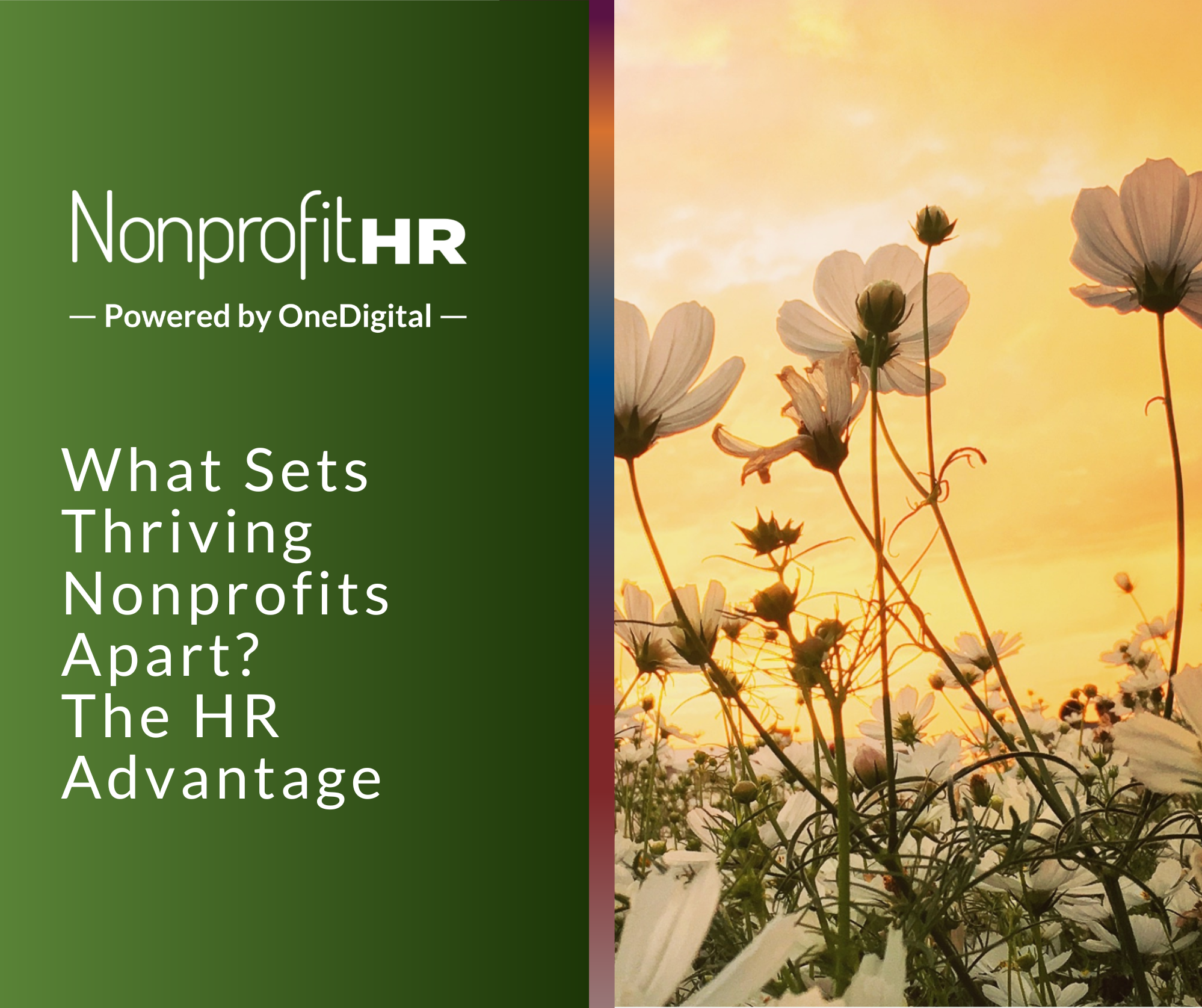WTOP: 5 ways nonprofits can…
Peter Cappelli, director of the Center for Human Resources at The Wharton School, published an article in HR Executive Online recently where he described a “dust-up” between SHRM and the HR Policy Association over newly proposed HR standards through ANSI. His article and opinions have now been addressed publically by SHRM and HRPA.
Michael D. Peterson, Associate General Counsel for the HR Policy Association and Laurie Bassi, Leader of the SHRM Workgroup on Investor Metrics, obtained their own copy inches from HR Executive Online to “clarify” their positions.
Here are a few of the money quotes. First up is Peterson,
“Cappelli characterizes SHRM’s proposal that companies publicly disclose their internal HR data as a “rather harmless idea” intended primarily to standardize HR metrics and advance the profession. He sees its opponents as resisting for no other reason than the standard line that it would be costly and time-consuming to implement.
The trouble with this interpretation is that it ignores the fact that disclosing this level of detail regarding internal HR metrics would inflict competitive harm on public companies, while there is little indication it would even be material to investors. Nobody is arguing that this data is not useful internally; large companies have been utilizing far more sophisticated HR metrics than these for decades. But SHRM’s proposal is essentially asking that once a year public companies publish an org chart, their staffing strategy (internal vs. external hires, plus full-time vs. temp), and a roster of their brightest up-and-coming talent, as determined by who was promoted that year and where they came from. It puts a company’s inner workings on display to competitors, hedge-fund analysts, and worst of all, outside recruiters — arming them with a map to the company’s top talent.”
Then right on que, Bassi takes issue with Peterson’s feelings about Cappelli’s opinions,
“In his letter, Michael Peterson fundamentally misstates the details of the proposed SHRM standard. I should note that I do, however, agree with him on two fronts — first that Professor Cappelli misses the point regarding SHRM’s proposed ANSI standard for investor metrics, and second that Professor Cappelli is off base in characterizing the proposed ANSI standard as a “rather harmless idea” intended primarily to standardize HR metrics and advance the profession.
But that is where my agreement with Mr. Peterson ends. Let me begin with the latter of these two points. At the most fundamental level, the effort to produce Guidelines for Reporting on Human Capital to Investors is a part of the solution to short-termism — a chronic, destructive disease that has afflicted our society for (at least) the past three decades. This disease has been fueled in no small part by compensation systems, on and off Wall Street, that have focused excessively on short-term profits at the expense of long-term, sustainable profits. Investments in the future — most notably human capital — consistently get the short-end of the stick, largely because they’re currently not measured and reported as anything except costs.
Given the pernicious nature of the disease, we should not expect it will be solved by perpetuating the status quo. Moreover, it is no surprise that some of the power players in the system are actively and vociferously resisting change — including resorting, as has HRPA, to attacking the integrity of those involved in the effort.”
What does this all mean to nonprofits? To formulate a hypothesis before we have any concrete standards could be a waste of time. Nonprofits, of course, aren’t held to the same rules as public companies. Plus, SHRM has a history of not culling out the sector for its differences. (Rarely can any SHRM official tell you how many of its members represent nonprofits.) But any approved standards will have an affect. Nonprofit HR professionals should be encouraged to insert themselves in the debate if to only keep their pulse on the goings-on.





























